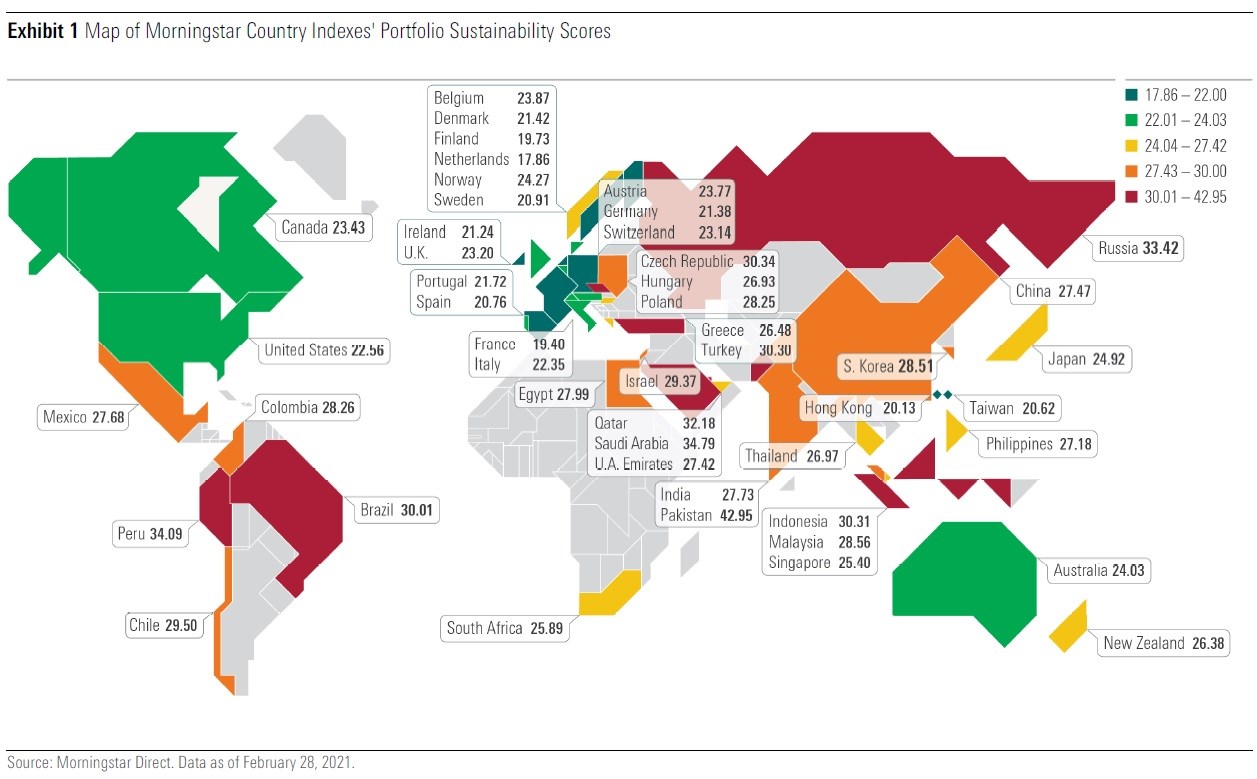
Earth Day might not sound like something that has much to do with your investment portfolio, but the fact is that everything has something to do with your investment portfolio. Because the companies, countries and assets into which you invest your money gets put to work in the world and it has the power to do good, or not to.
So you might think you’re just investing in, say, a chocolate company because you have a very sweet tooth (or more likely you think it’s a moaty business with strong fundamentals), without realising you’re contributing to deforestation in the Amazon or the unsustainable farming of palm oil in South East Asia. With your investment in a coffee producer you may be unwittingly contributing to the world’s water scarcity problems, and even a real estate investment could be generating more carbon emissions than you’d realised.
That all sounds a bit depressing and some of the facts and figures really don’t help. Only 3% of the world’s wilderness is left intact, and 3.6 billion people across the world still frequently have water scarcity issues.
That brings us back, of course, to the question: but what does this have to do with my pension pot or Isa portfolio?
I get that not everyone puts ESG or sustainability front and centre when they’re choosing funds or stocks to put their money in, but I don’t think we’re far from the point where we’ll be incorporating those ideas unconsciously as these matters become embedded in our lives. Just as recycling has become the norm, and taking a bag for life to the supermarket is now par for the course, I think we’ll naturally start to veer away from associating with companies that are contributing to the Earth’s problems – whether that’s by not using their services, not buying their goods, or not investing in them. And that’s when change starts to happen.
The Power of Doing Nothing
Pick good companies, don’t overpay for them, then be patient and hold them for the long-term. It looks so simple written down – not to mention completely sensible. But if it were that simple then everyone would be doing it and Warren Buffett wouldn’t be considered an investing legend.
Breaking the advice down to its component parts, there really is nothing not to like.
Pick good companies – yes that makes sense, I don’t want to invest in a rubbish business, that doesn’t sound like something that’s going to grow my money.
Don’t overpay? I’m on board with that philosophy too – it’s why I shop around each year for the best car insurance or internet deal.
And hold for the long-term - any advice which recommends I don’t do anything sounds much better than adding an item to my to-do list.
So why do some many of us get it wrong? Greed, impatience and FOMO (fear of missing out) are a big part of it. Doing nothing should be the easiest thing in the world, and yet it can often feel impossible to just stand still. This isn’t a new phenomenon – think about the Gold Rush, for example – but social media, 24-hour news and the ability to trade using just our mobile phone has all made it much more difficult to Just Do Nothing. And maybe this is why we need people like Buffett to take the decision out of our hands and do the hard work for us. Then all we have to do is be patient enough to hold on to the fund.
An Option for the Crypto Curious?
The Coinbase public offering could be an interesting play on the current crypto phenomenon. The business is an exchange platform through which people can buy, sell and store 90 cryptocurrencies.
Crypto is a real crowd divider: some people believe it’s the future and the investment opportunity of a lifetime, others are skeptical and nervous of how volatile these currencies can be. If you’re somewhere in the middle – you believe the crypto wave is far from over but don’t necessarily want to own it directly – then a stock like Coinbase starts to look quite compelling.




























